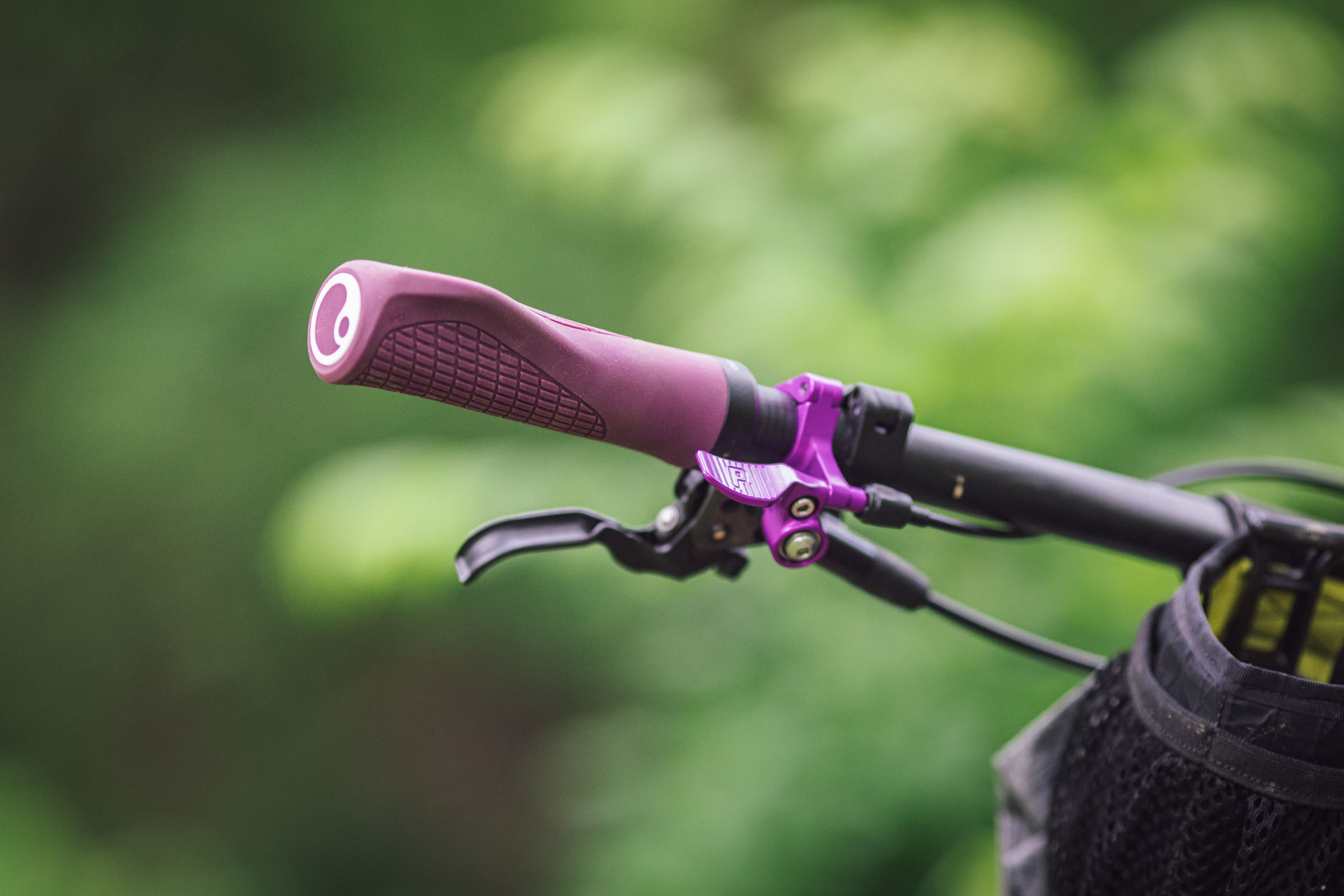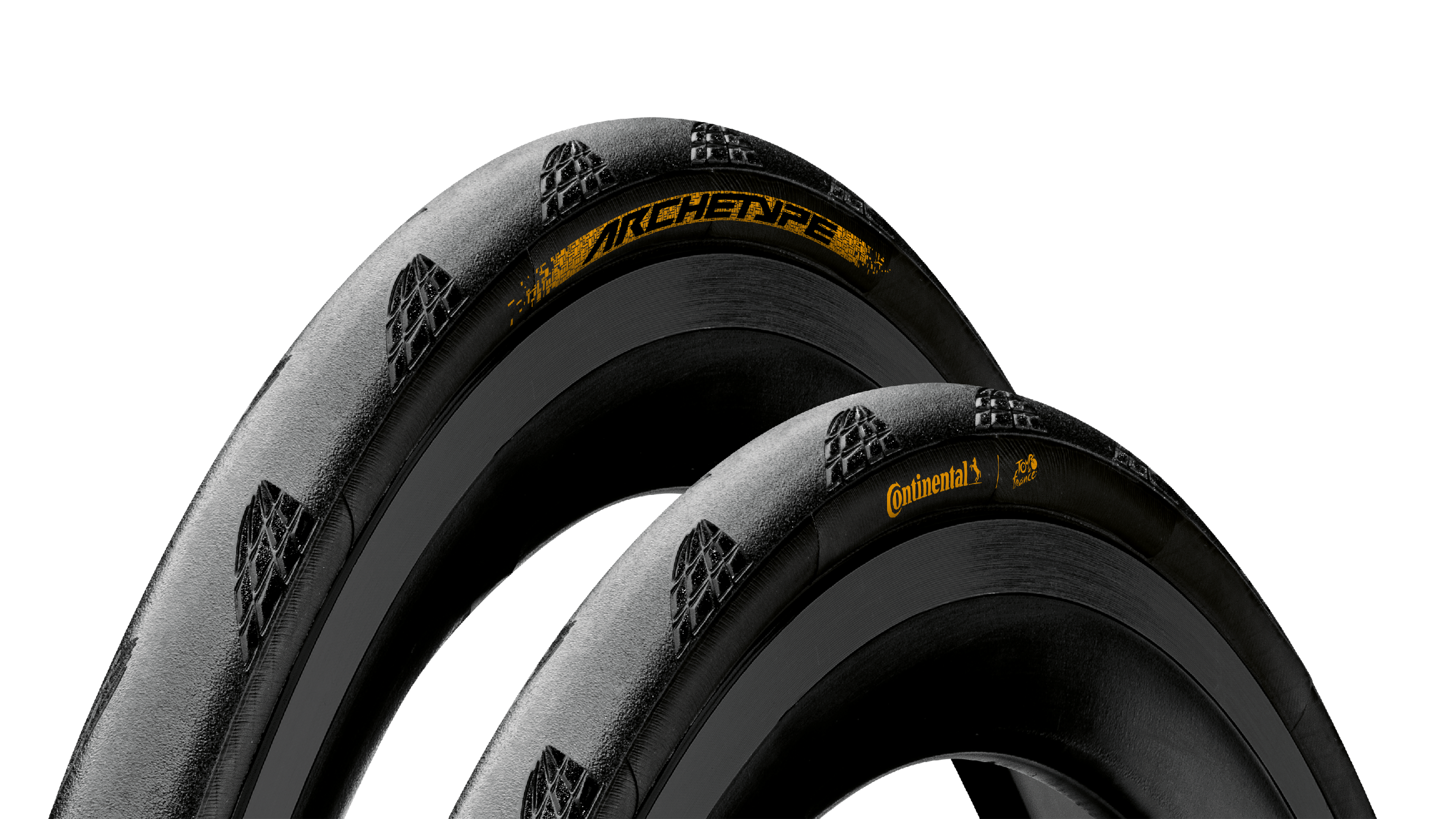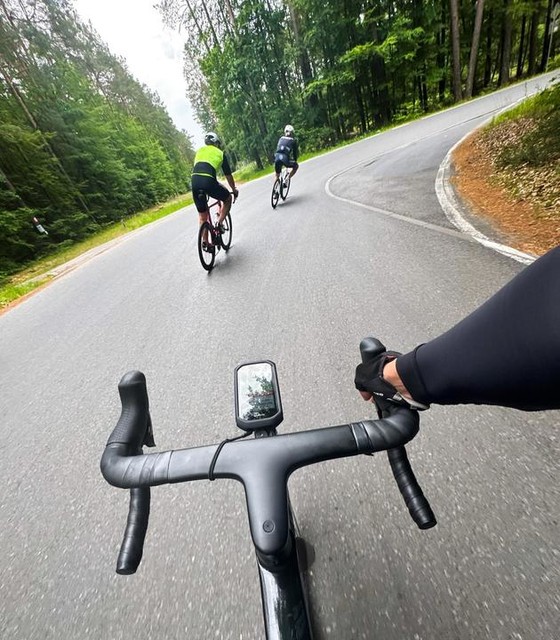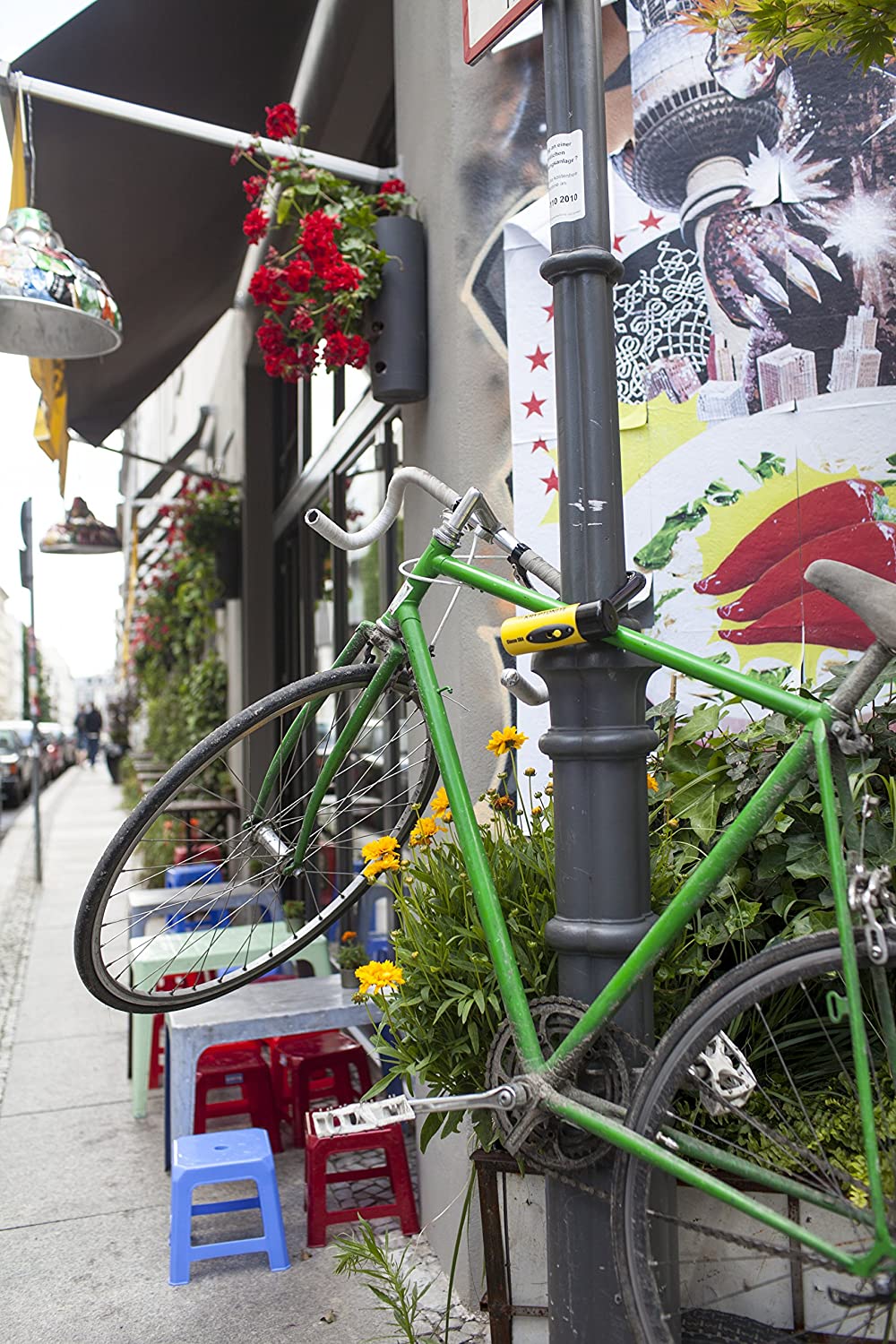
Halfway through a gnarly descent in Sedona, bombing through loose rock and tight switchbacks, my feet stayed locked to the Race Face Atlas pedals like they were glued there. This is what separates precision-engineered contact points from basic platform pedals – when the trail gets sketchy, they respond with more confidence, not less. After six months of punishment across everything from technical singletrack to bike park sessions, the Atlas pedals have proven themselves as serious contenders in the high-performance flat pedal category.
First Impressions
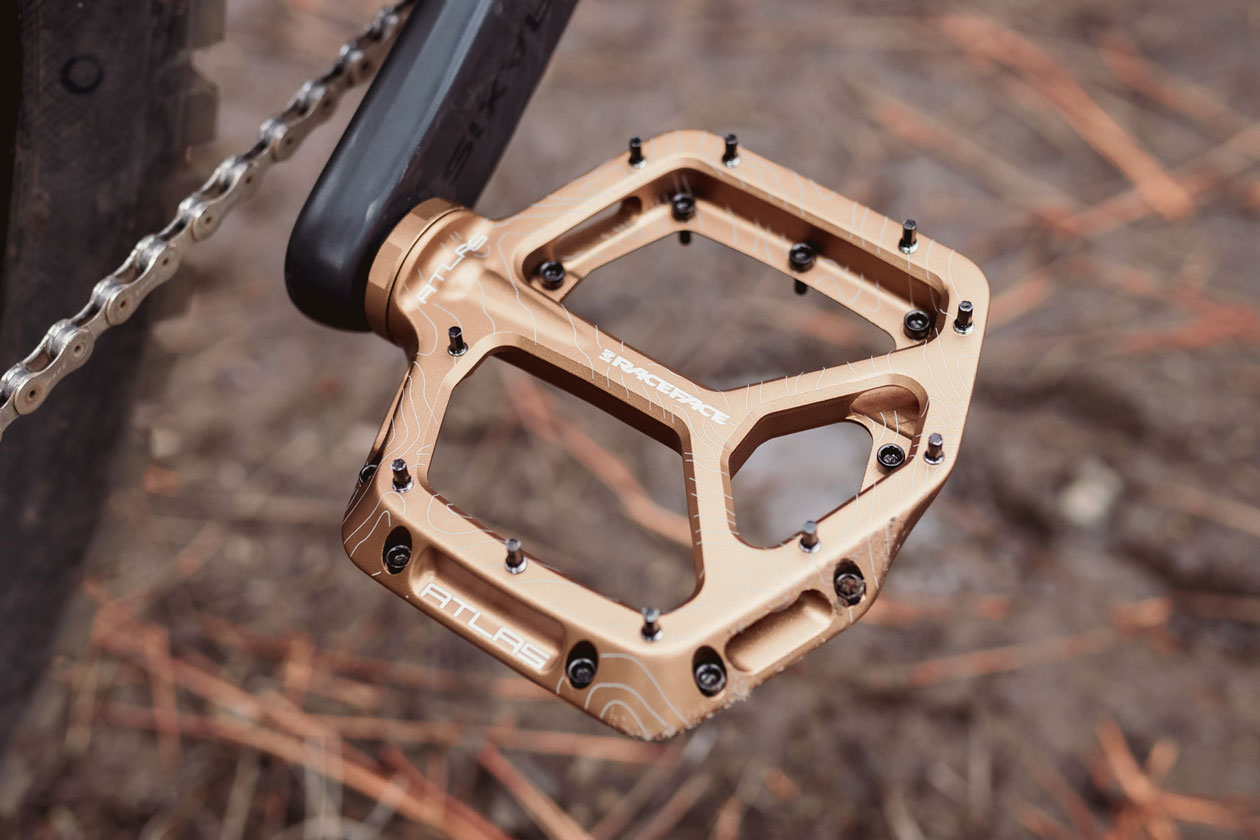
The Atlas pedals don’t just look professional – they have that unmistakable presence that comes from serious engineering. The CNC-machined aluminum body showcases clean lines and precise tolerances that speak to performance rather than marketing flash. These aren’t trying to win style points; they’re built to deliver reliable contact point performance ride after ride.
Build quality is immediately apparent when you handle them. The 6061 aluminum construction feels substantial without being heavy, and the machining quality shows Race Face’s commitment to manufacturing excellence. At 376 grams per pair, they hit the sweet spot between burly downhill platforms and lightweight racing pedals.
Construction and Materials
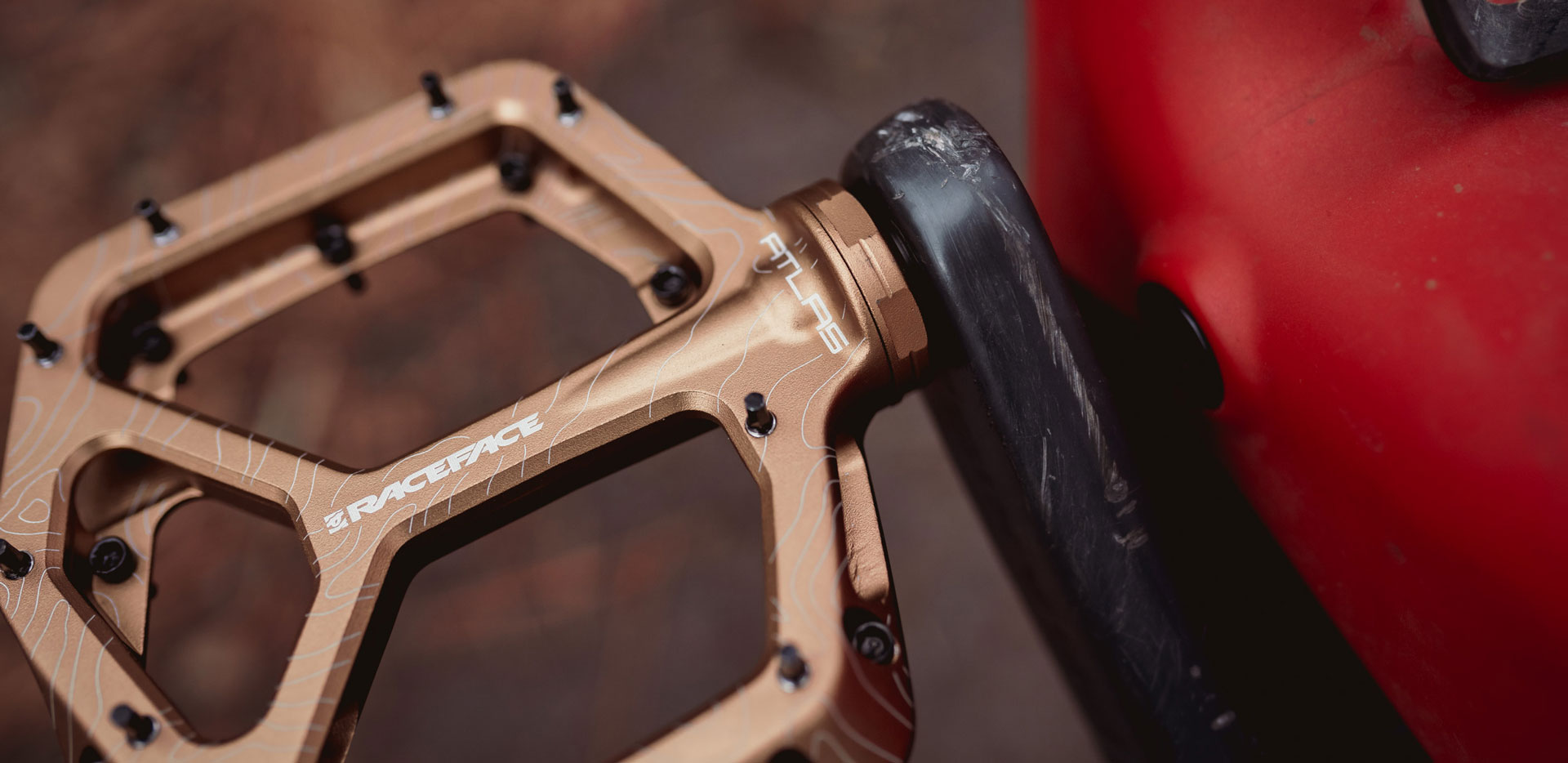
Race Face’s aluminum expertise shines in every aspect of the Atlas construction. The platform balances strength and weight in ways that translate directly to performance – stiff enough to provide solid connection while maintaining reasonable weight for all-day riding comfort.
The 110 x 107mm platform provides substantial real estate for foot placement without feeling oversized. The 12mm thickness strikes the right balance between slim profile and adequate platform depth, giving you confidence on technical terrain without catching on rocks during those inevitable pedal strikes.
Pin Configuration and Grip
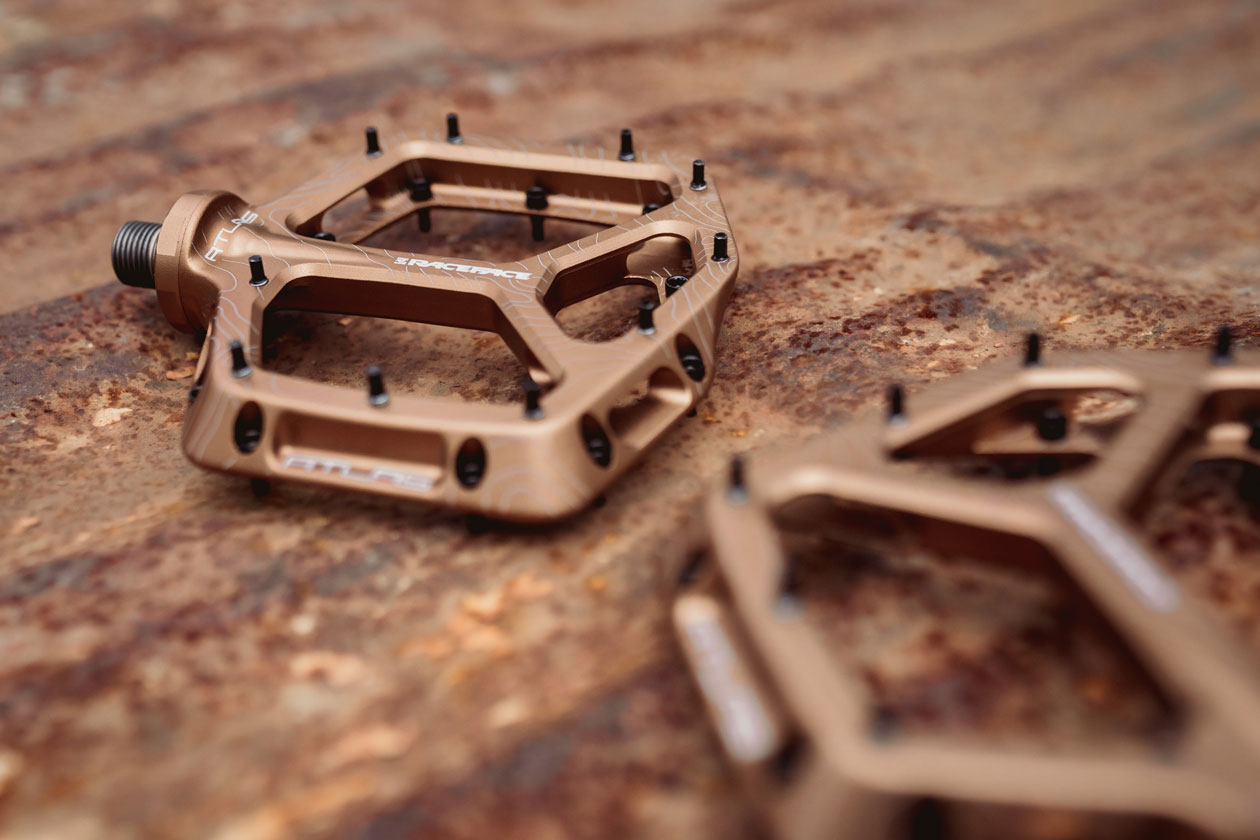
Ten pins per pedal might sound modest compared to some competitors, but Race Face has optimized placement for maximum effectiveness. The 2.5mm diameter pins bite through shoe soles without feeling overly aggressive during foot adjustments, and the strategic placement provides grip exactly where you need it most.
The pin pattern delivers excellent security in all the right places while allowing smooth foot repositioning when needed. After months of testing, I haven’t experienced any unexpected foot slippage, even in challenging wet conditions. All pins are replaceable and thread in from below the platform, protecting the hex heads from impact damage and extending the pedals’ lifespan significantly.
Spindle and Bearing Performance
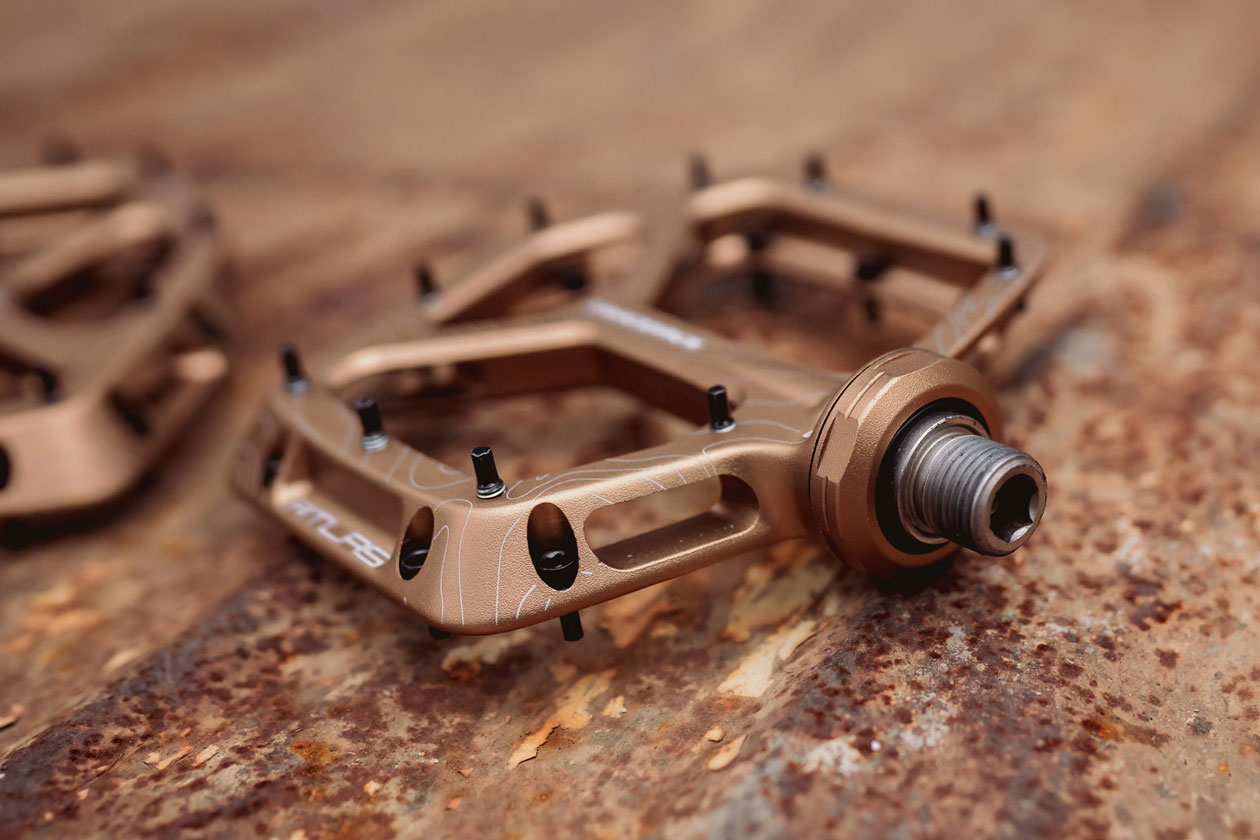
The chromoly steel spindle houses sealed cartridge bearings that have remained smooth and play-free through six months of varied conditions. The 9/16" threading is standard, ensuring compatibility with any mountain bike crankset, and the sealed design keeps contaminants out while maintaining that precise, connected feel.
Bearing performance has been exemplary – no creaking, binding, or roughness even after numerous creek crossings and muddy rides. This is where quality components separate themselves from budget alternatives; the Atlas pedals maintain their smooth operation regardless of conditions.
Real-World Performance
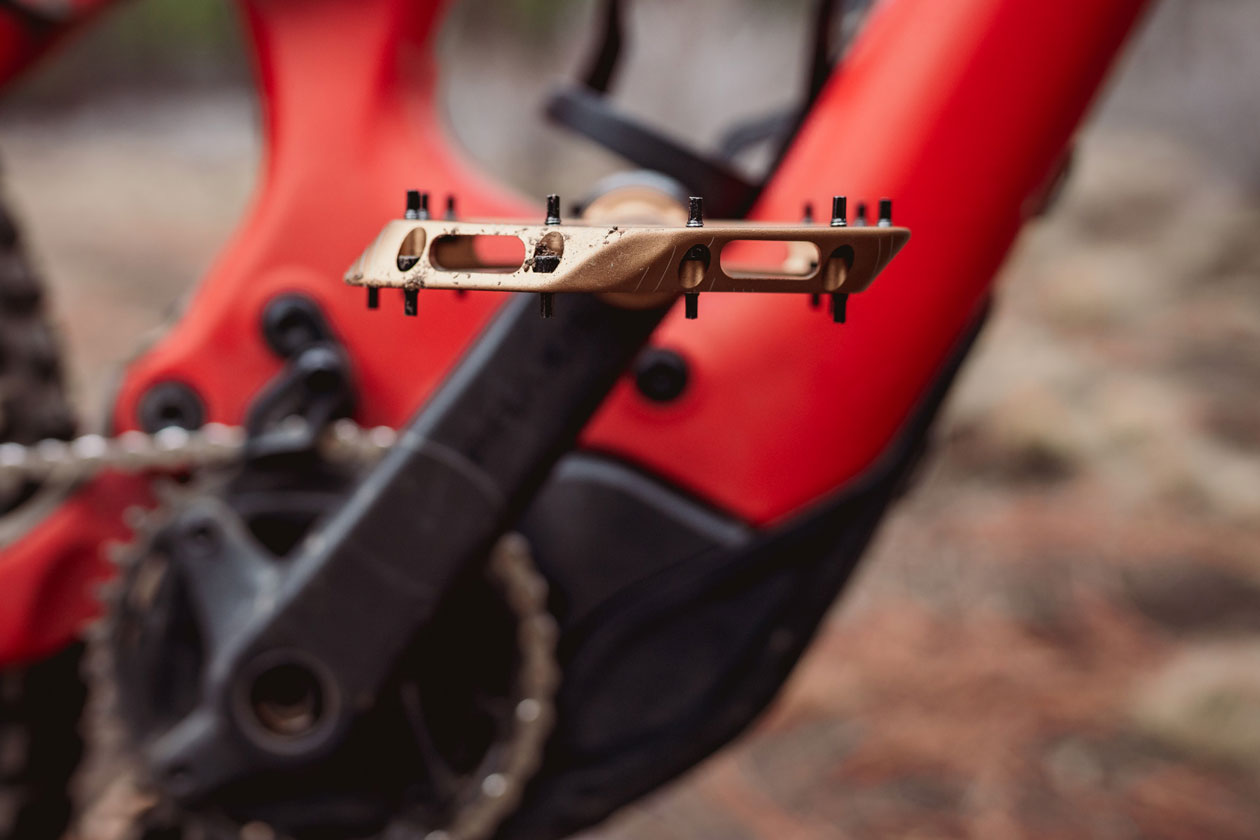
The Atlas pedals excel at providing secure connection without being overly grabby. Foot placement feels natural and confidence-inspiring, whether you’re navigating technical climbs or committing to aggressive descents. The grip-to-release ratio is well-calibrated – secure enough for aggressive riding but forgiving enough for quick foot adjustments mid-ride.
This balance is where high-quality pedals separate themselves from basic alternatives. The Atlas pedals never feel like they’re fighting you, instead working seamlessly to maintain connection while allowing natural foot movement when needed.
Durability and Maintenance
After extensive use including multiple bike park sessions, rocky technical terrain, and general trail abuse, the Atlas pedals show minimal wear. The aluminum body has some expected pin marks and minor scratches, but structural integrity remains perfect. The anodized finish has held up well, maintaining its appearance despite significant use.
Beyond occasional pin tightening and basic cleaning, these pedals have been essentially maintenance-free. The sealed bearing system eliminates the need for frequent service, and the robust construction handles abuse without complaint. Pin retention has been excellent with no loosening issues throughout the testing period.
Value and Competition
The Atlas pedals deliver on their performance promises through thoughtful engineering and quality construction. At $199.95, they’re competitively priced within the high-performance flat pedal category, offering solid value for riders who prioritize pedal performance.
Compared to options like Shimano Saint M828 (similar build quality, slightly heavier), DMR Vault (more aggressive pins, different feel), or Hope F20 (more customization, higher price), the Atlas pedals offer competitive performance with their own character and strengths.
Who Should Choose These
Serious Trail and Enduro Riders
If you’re pushing limits on technical terrain and need pedals that won’t let you down, the Atlas delivers the performance and durability to match your riding intensity.
Performance-Focused Riders
These pedals make sense for riders who view contact points as crucial performance components that enhance their riding experience rather than basic necessities.
Long-Term Value Seekers
The combination of quality materials, sealed bearings, and Race Face’s reputation for durability makes these pedals built to last rather than requiring frequent replacement.
Bottom Line
The Race Face Atlas pedals succeed by focusing on fundamentals and executing them flawlessly. Rather than gimmicks or extreme features, they deliver precision engineering, quality materials, and thoughtful design that enhances the riding experience.
The build quality, performance, and durability deliver solid value for riders who demand reliable performance from every component. These pedals prove that sometimes the best approach is mastering the basics rather than reinventing them.
Buy them if: You prioritize pedal performance, want long-term durability, and value quality contact points that enhance your riding experience.
Skip them if: You prefer more aggressive pin configurations, want maximum platform size, or are casual about pedal choice.
Pure performance, engineered right.
Tested over 6 months with 400+ miles of varied mountain biking including technical singletrack, bike park sessions, and all-weather conditions.
Available Now
Specifications
Pros
- + CNC-machined 6061 aluminum construction
- + Sealed cartridge bearings for long-term reliability
- + Strategic 10-pin placement for optimal grip
- + Replaceable pins threaded from below platform
- + Excellent grip-to-release balance
- + Professional-grade manufacturing quality
Cons
- - Moderate pin count compared to some competitors
- - Aluminum body shows pin marks over time


